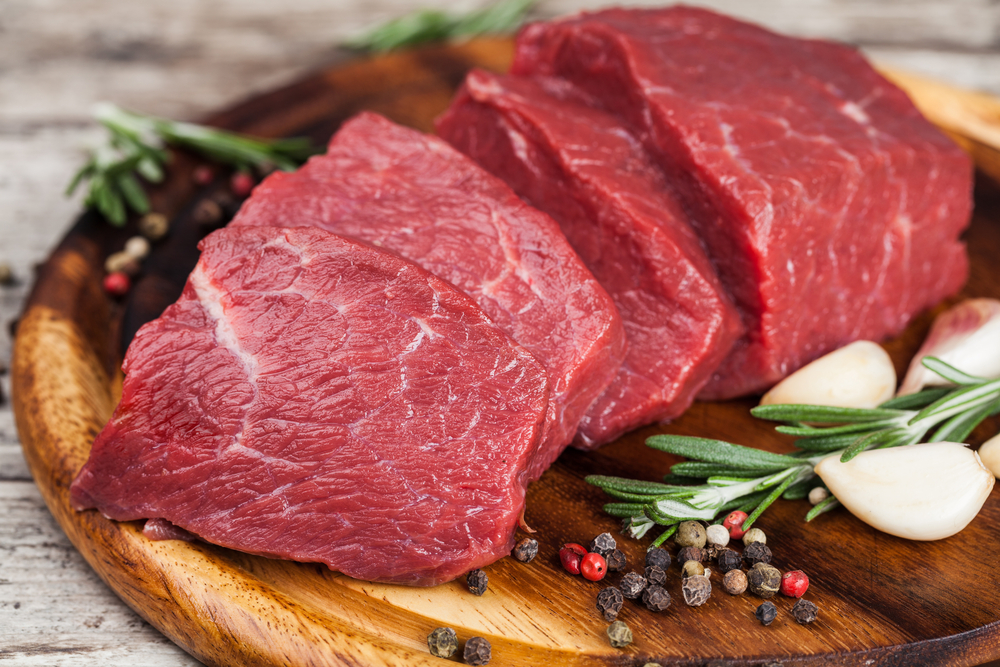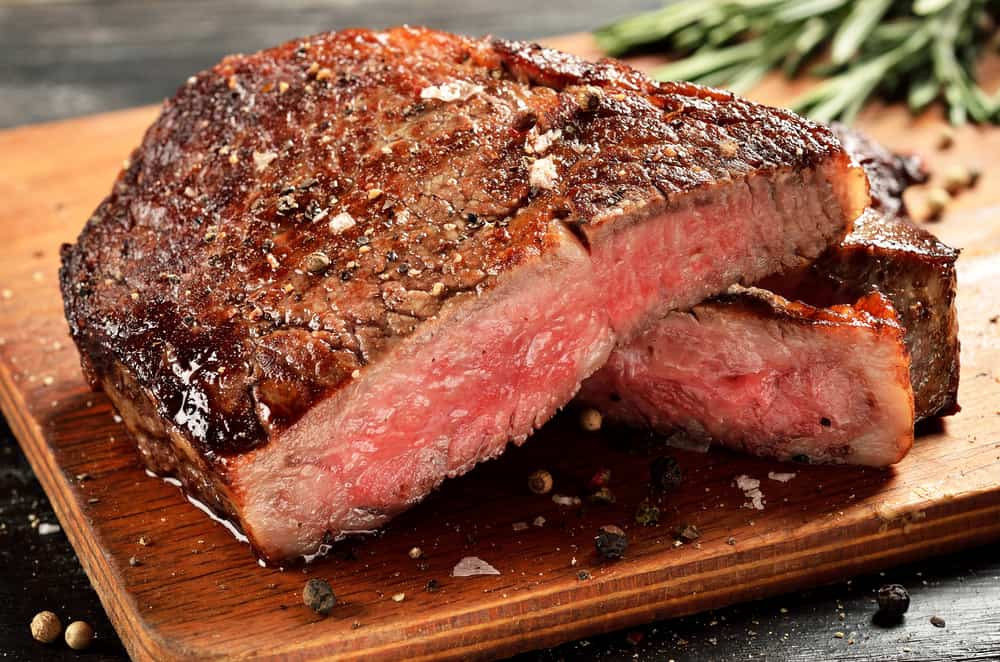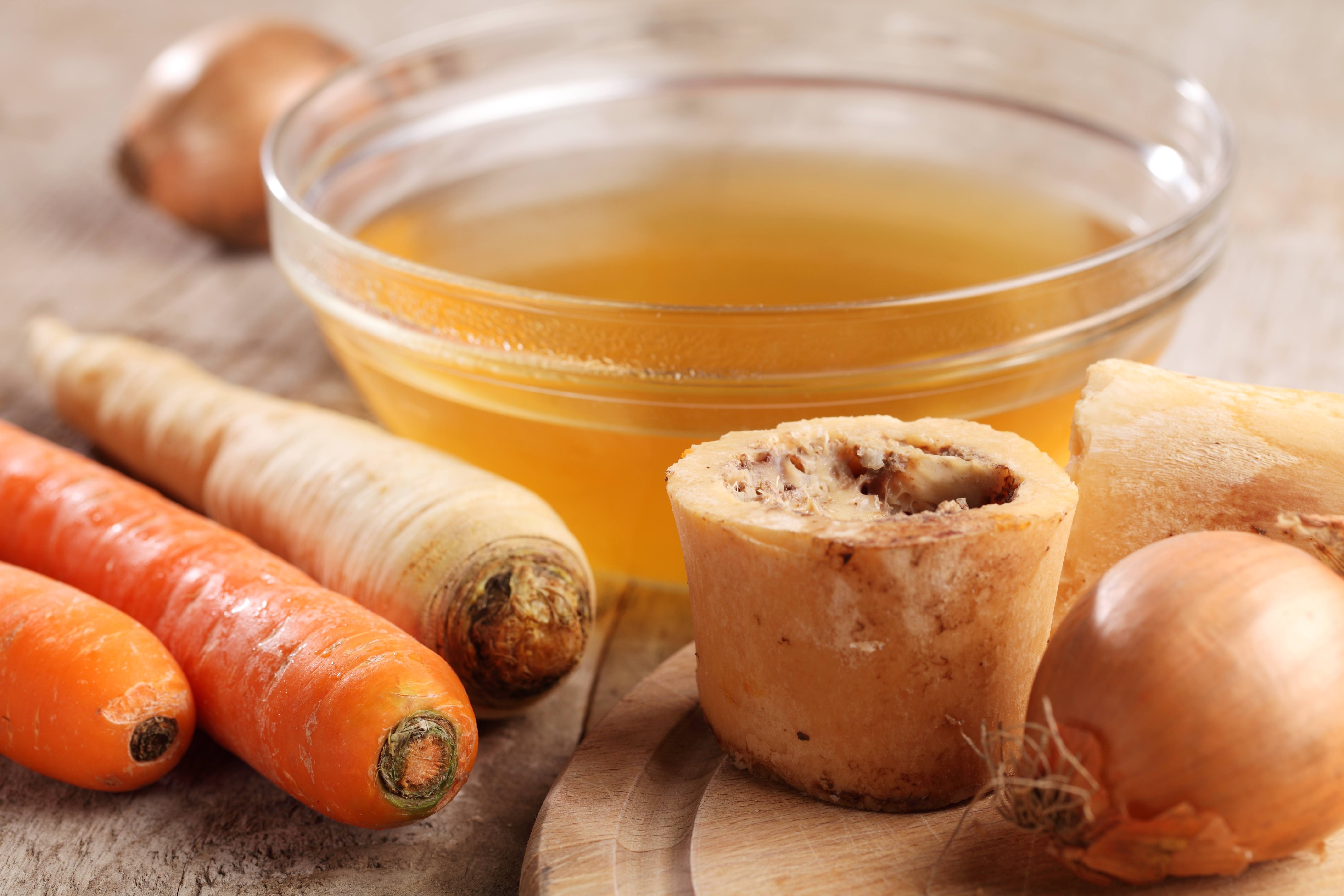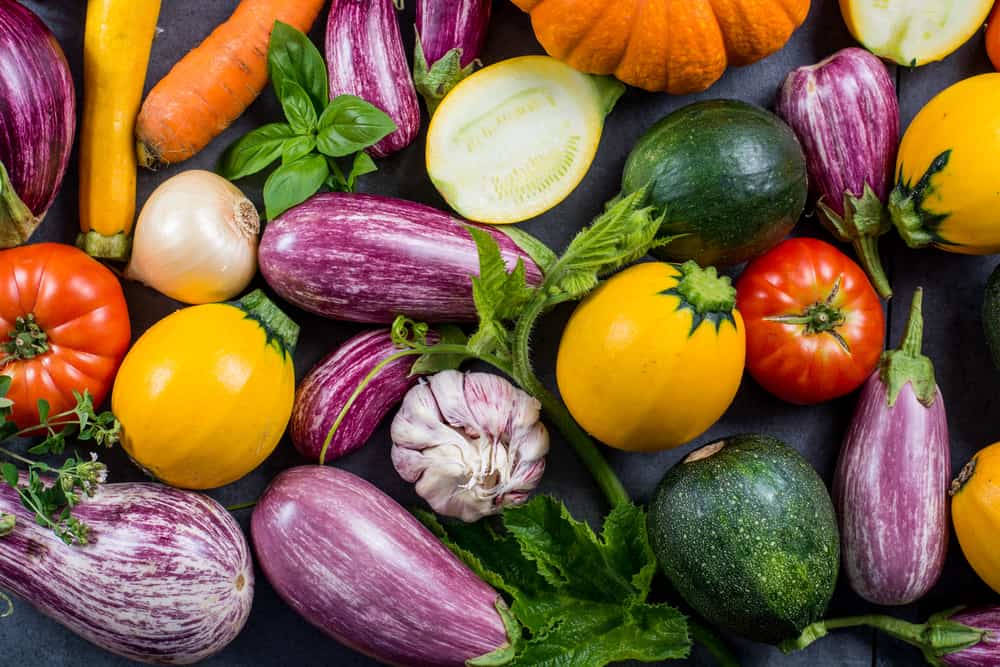Contents:
- Medical Video: Does Cooking Affect Vitamins in Food?- Thomas DeLauer
- Does beef contain vitamins?
- Vitamin B
- Vitamin A
- Vitamin K
- Vitamin D
- Vitamin E
- Where more, vitamins in meat or vegetables?
- Vitamins in beef cannot replace vitamins in vegetables
- Vitamins in beef are more easily lost when cooked
- Meat includes high fat
Medical Video: Does Cooking Affect Vitamins in Food?- Thomas DeLauer
As a source of animal protein, does beef contain vitamins also needed by the body? Even if there are, what are the vitamins in beef? Then where more, vitamins in beef or vitamins in vegetables? Check out the reviews here.
Does beef contain vitamins?
Like most other food sources, beef actually also contains vitamins. Vitamins in beef are of various types, from types of vitamins soluble in fat or soluble in water. What are the vitamins contained in beef? Check below!
Vitamin B
Quoted from the page of the American Meat Science Association, meat is a source of animal protein which also contains vitamin B complex, although not as a source of vitamin B9 (folic acid) is good. Vitamin B is a vitamin that helps the process of forming energy from the food you eat.
In 100 grams of beef contains:
- 0.07 micrograms of vitamin B1 (thiamin)
- 0.51 micrograms of vitamin B2 (riboflavin)
- 1.2 mikgrogram vitamin B3 (niacin)
- 2.6 micrograms of vitamin B12 (cobalamin)
- 0.4 milligrams of vitamin B6 (pyridoxine)
Vitamin A
Not all parts of meat contain vitamin A. You cannot get vitamin A from ordinary cuts of meat, tenderloin or sirloin only. Vitamin A in beef is contained in large quantities in the liver. So if you want to get vitamin A from the meat consumed, it is better for the liver. Vitamin A contained in beef liver is as much as 5,808 micrograms.
Vitamin A will help shape and maintain healthy teeth, skeletons, mucous membranes, and skin. Vitamin A also supports overall eye health conditions.
Vitamin K
Meat contains vitamin K in it. However, vitamin K contained in meat is low. Reported on the page of the University of North Carolina School of Medicine, vitamin K contained in meat falls into the low category of 2.4 micrograms per 100 grams of beef.
Vitamin K in the body functions to help blood clots or thicken the blood so that it can protect you from losing large amounts of blood.
Vitamin D
Beef also contains small amounts of vitamin D, which is 10 IU (unit) per 100 grams of meat. The highest part of vitamin D is also not in the meat, but in the liver. Therefore, you cannot rely on vitamin D intake from beef alone.
Vitamin D itself is a vitamin that serves to help absorption of calcium to build strong bones.
Vitamin E
Meat is not a good source of vitamin E, the vitamin E content in meat is included in the very low category. The highest source of vitamin E is actually in grains and beans, followed by sources of vitamin E from vegetables.
Vitamin E is a vitamin that functions to protect body tissues from damage caused by free radicals. In addition, vitamin E also helps keep the immune system strong from viruses and bacteria.
Where more, vitamins in meat or vegetables?
Vitamins in vegetables tend to be richer than vitamins in meat, except for vitamin B12. A good source of vitamin B12 is a source of vitamin B12 derived from animal products such as beef, not vegetables.
However, the advantages of vitamins tend to be obtained more from vegetables. Good sources of vitamin B9 or folate are found in vegetables, fruits, and products enriched with folate, not from meat. In addition, if you need high vitamin C, you will get it from vegetables, not from meat.
Good sources of vitamin A are also found in some vegetables such as pumpkin, carrots and spinach. Whereas in meat, a source of vitamin A specifically in the liver, not the whole meat.
Meanwhile, vitamin K is more commonly found in spinach, broccoli, asparagus, and lettuce, not in meat. Vitamin E in vegetables is also higher than in meat.
Vitamins in beef cannot replace vitamins in vegetables
Even though meat has several vitamins too, that doesn't mean you can replace vegetables with beef. Why so? Consider the two considerations below.
Vitamins in beef are more easily lost when cooked
Meat does contain several vitamins, but vitamins in meat are easily lost when cooked. Reporting from Healthline, in the process of cooking meat at high temperatures, up to 40 percent of vitamin B can be lost from meat.
Therefore, to maintain vitamin levels, you are not recommended to cook vegetables for long. Meanwhile, if you process meat, it requires a longer cooking process than when cooking vegetables, right? This risks making some vitamins easier to reduce.
Meat includes high fat
Although it contains vitamins, beef still cannot replace the function of vegetables. Because, you must remember that meat also contains much higher fat than vegetables. If you eat meat to replace vegetables, that means your fat intake will also increase.
For example in vitamin A, not all parts of meat contain vitamin A, except in the liver. While the liver is a rich source of cholesterol. So it is not recommended to meet the needs of Vitmain A in food from the liver. Not only increases vitamin A intake, but blood cholesterol also increases.













